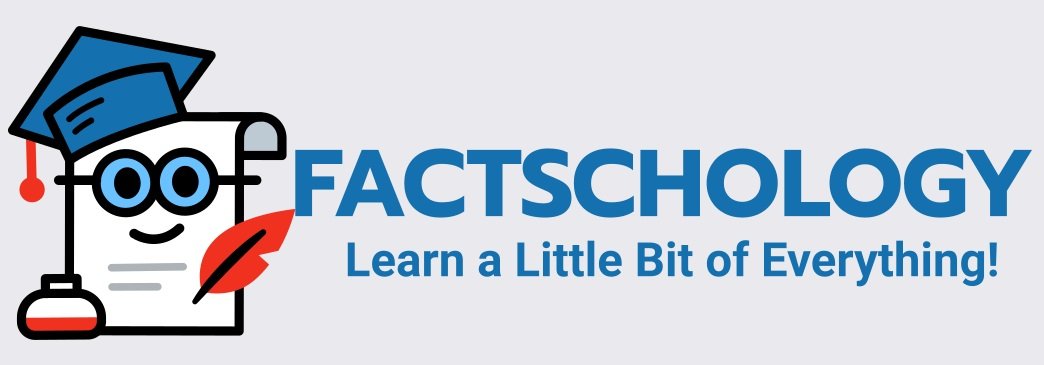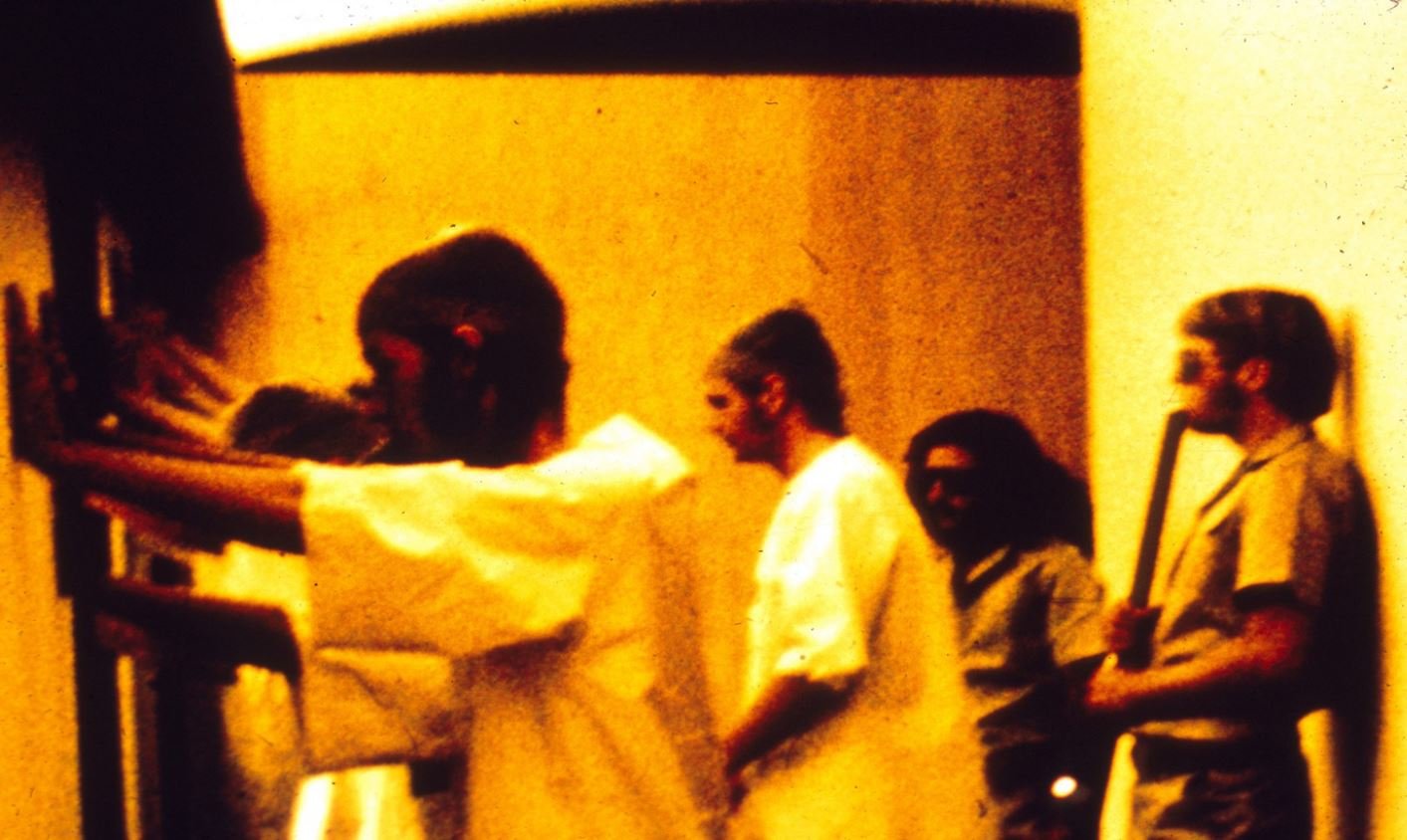NYC vs Chipotle $151 Million Lawsuit Explained
Land of the free to sue your ass for $151 million
Imagine this scenario.
It’s your day off from your job, since you work in the fast food industry your hours are usually pretty scattered throughout the day so you really appreciate a day off. You can schedule things you need to do. Maybe a doctor appointment, dentist, or just some time with the family or just yourself to recharge.
But right around noon you get a message from your boss, they want you to come into work. In fact they’ve added you to the schedule because they really need help today.
You have to say no and just hope they find someone else to pick up the shift. The next day you go into work expecting it to just be another day. Instead, you’re called into your bosses office and told you’re getting an infraction for not showing up to work the day before and there’s nothing you can do about it.
Today we’re breaking down and explaining what is going on with New York City’s 151 million dollar lawsuit against Chipotle and what you need to know if you work in fast food or retail.
Fair Work Week
The scenario I described at the opening is a very real situation, in my career I have not only witnessed these kinds of situations but also witnessed employees being fired for this exact reason. This type of penalization had become so common in companies throughout the country that some cities began implementing Fair Work Week laws.
Seattle, Philadelphia, Chicago, San Francisco, New York City, and the entire state of Oregon have all passed their own versions of a Fair Work Week law, with New Jersey currently in the process. But this lawsuit is currently taking place in New York City so we will only focus on their slightly different version of the law.
In late 2017 New York City passed the Fair Work Week law affecting fast food and retail employees. The overall goal of the law is to prevent retaliation against employees for not being able to work on their scheduled days off.
It is important to note there are very slight differences between the Fair Work Week Law version that affects retail employees and the version that affects fast food employees. We’ll add the link to both in the sources but for now we’ll focus on the fast food version since Chipotle falls under the fast food category.
The Fair Work Week Law for fast food in New York City requires businesses to provide an employee their work schedule 2 weeks in advance meaning if today is the first of the month, you should already know your schedule for the 15th. This is commonly referred to as a predictable schedule.
Your schedule also cannot have a shift that ends within 11 hours of your next shift unless you have agreed to it and you’re being paid an extra $100 premium. If you’re scheduled to work from 2pm to 11pm then your next shift cannot start earlier than 10am on the very next day.
These are commonly referred to as clopenings. In the past I have commonly seen more egregious examples of this in real world situations where a shift ends at midnight and the employee is scheduled the following day at 6am without a choice.
I’m assuming the 11 hour minimum was chosen for the law to incorporate at least 8 hours of sleep, one hour of travel to and from the business, and one hour for a meal and relaxation.
Do these rules apply to every fast food business? No, there are qualifications. The establishment must primarily serve food and beverages, be part of a chain, have at least 30 other locations across the country, where customers generally pay before eating. In this case Chipotle checks off all the boxes.
Chipotle
You might be asking, does that mean Chipotle can never change an employee's schedule within the two weeks if they really need more workers to come in? No, they actually can change schedules but there is a premium pay that must be paid to that employee and the employee must, in writing, agree to the change.
For example if you are an employee at Chipotle and you agreed to have your schedule changed within 14 days from now, to either give you more hours or just move your hours around then Chipotle has to pay you an extra $10. Not per hour, just one crisp ten dollar bill. If the change lowers your hours then Chipotle has to give you $20.
If the change is within 7 days from now then for any hour changes that don’t decrease your hours, Chipotle gives you $15. If it does decrease your hours then it’s $45.
If the change is within 24 hours and your hours don’t decrease then Chipotle has to give you $15. If it does decrease your hours, for example if they remove you from the schedule completely within 24 hours then they have to give you $75.
Now for all the examples I just gave, Chipotle does not have to pay the extra money for the following reasons, if the employee requested the change themselves or the change is because they traded hours with another employee, if the change in hours causes the employee to receive overtime pay, and finally, if the change in hours is because of threats to worker or employer safety, natural disaster, or shutdown of public transportation.
Another important aspect of the law that was cited in the suit against Chipotle was the maintaining of these records. A business is required to keep records of changes, schedules, and employee’s written approval of the schedule change for up to 3 years.
The lawsuit alleges Chipotle destroyed schedule records and the records that they were able to produce allegedly shows they did not implement the Fair Work Week Law until around September 2019. The lawsuit also alleges Chipotle forged documents to show employees waived the extra premium pay when their hours were changed.
Starting in 2019
In fact back in 2019 New York City filed a lawsuit against Chipotle for the exact same thing after the city received complaints from five locations in Brooklyn. The suit back in 2019 amounted to one million in back pay for employees going back to 2017. This new lawsuit replaces the original with the new amount in back pay of $151 million.
What most likely occurred was after the complaints in 2019 were found to have merit, the city went with the “if it’s happening in one location it’s probably happening in all the locations” approach. In this case it seems they were right, with the suit citing almost 600 thousand violations in up to 90 different locations throughout the city since November of 2017.
NYS Paid Safe and Sick Leave
But those violations also include violations against New York State’s Paid Safe and Sick Leave Law which prior to 2021 gave employees up to 40 hours of sick time to use throughout the year once they’ve built up enough hours.
For example the law states for every 30 hours you work you accumulate one hour in a sick bank until you reach 40 hours. In order for an employee to take 8 hours of sick time they must have worked at least 240 hours previously.
The lawsuit alleges Chipotle only gave a maximum of 24 hours to employees for sick time. This actually wouldn’t be Chipotle’s first instance of violating the law in NYC. Just last year in Feb 2020, Chipotle settled with the city for illegally firing an employee for using sick time. The employee was reinstated back to their position and paid 2 thousand 5 hundred dollars in restitution.
This also wouldn’t be the first time Chipotle faces lawsuits when it comes to labor laws, in 2020 they were fined 1.4 million dollars for alleged violations to child labor laws and back in 2016, 10 thousand employees throughout the country joined a class action lawsuit in regards to overtime pay.
What Could Chipotle Have Done?
With the right systems in place and proper management training it’s likely all of the current accusations could have been avoided. Timekeeping systems that record and track employee punches and schedules generally have the ability to set notifications and put limitations on schedule changes.
They have the ability to track hours and give employees the required amount of sick time and deduct as needed. Many systems also provide a type of predictive scheduling where sales data is put into the system and it will generate a forecasted schedule based on limits you have placed.
While I don’t know what Workforce system Chipotle uses, in my experience of setting up these systems, I have yet to come across one in recent years that doesn't allow this type of set up.
The fines against Chipotle are being listed as $300 million on top of the $151 million so I presumed they will be fighting the accusations pretty vigorously. In the meantime it’s important all employees and employers of fast food and retail know their rights so everyone can be paid properly and on time.













